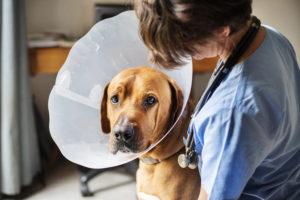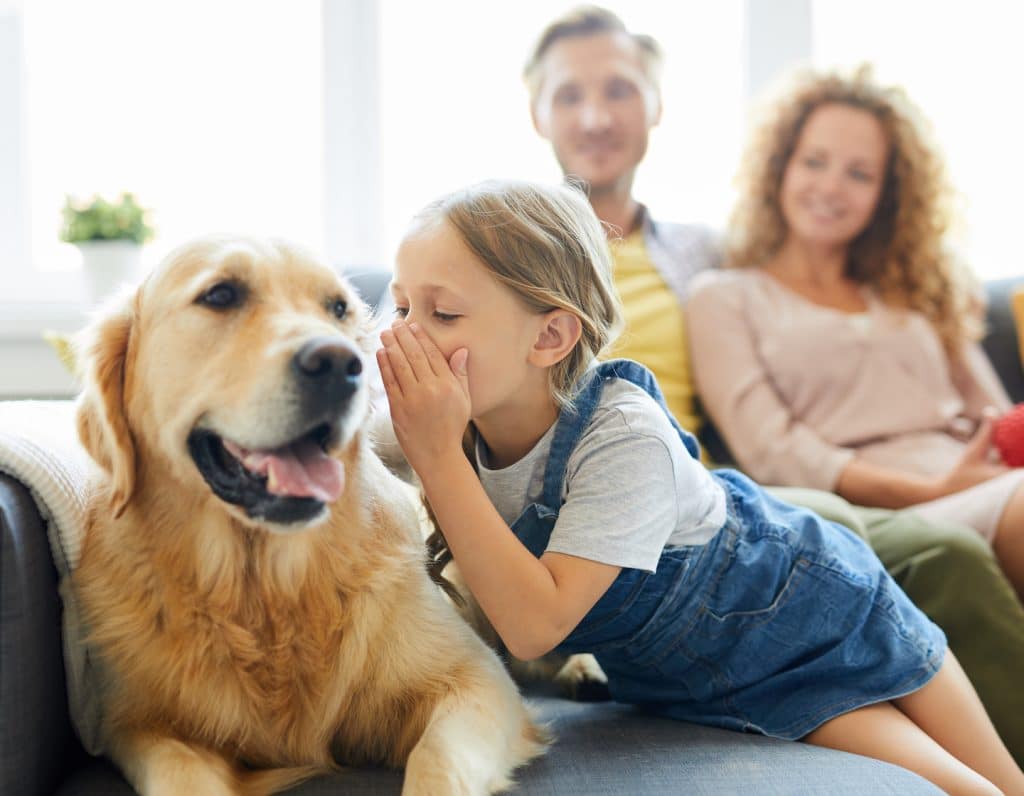
Before giving in to the kids’ persistent demands for a pet, make sure they are ready to take their fair share of responsibility.
The bond and friendship of a pet can be one of the strongest memories of childhood. A dog or cat (or even something a little different like a rabbit or hamster) can be a true companion for a child, a trusted confidante through good times and bad. A pet can also help a child learn many of the important lessons in life, including responsibility, care and respect for others.
Parents often ask me about getting a pet for their children, usually after some determined pleading from the junior members of the house. Parents are concerned (understandably!) about the commitment involved with keeping a pet, and also want to make sure that their children understand their responsibilities. So how can you prepare your little ones for the big commitment your family is about to make?
Read more: Vets In Hong Kong: Where To Take Your Dogs, Cats And Other Animals
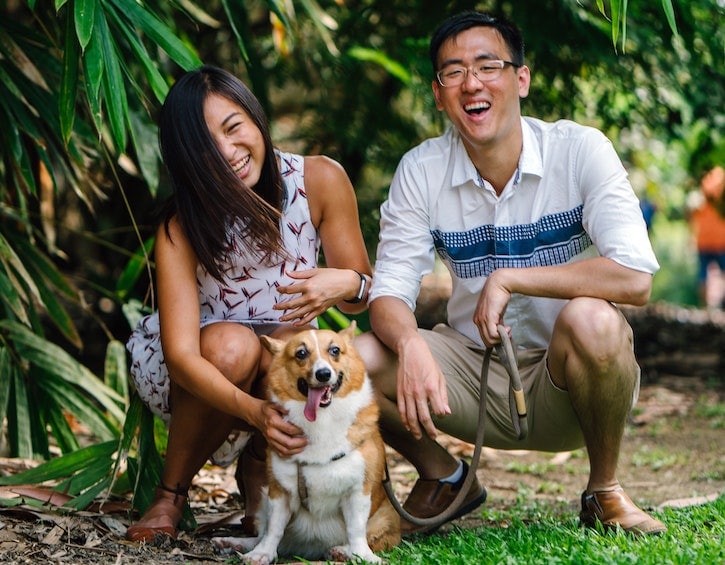
Before you decide
I would recommend that the whole family sits down for a discussion before making the decision to get a pet. The requirements for keeping a pet should be understood by all, obligations discussed and tasks assigned. It helps get everybody involved and looking forward to the experience (and can convert those who are sitting on the fence), it can also be useful to make sure each family member sticks to his or her end of the pet-keeping agreement.
Different pets need different amounts of daily care and it’s helpful for parents to have an understanding of what is required so they can choose the most suitable pet for their family.
Dogs
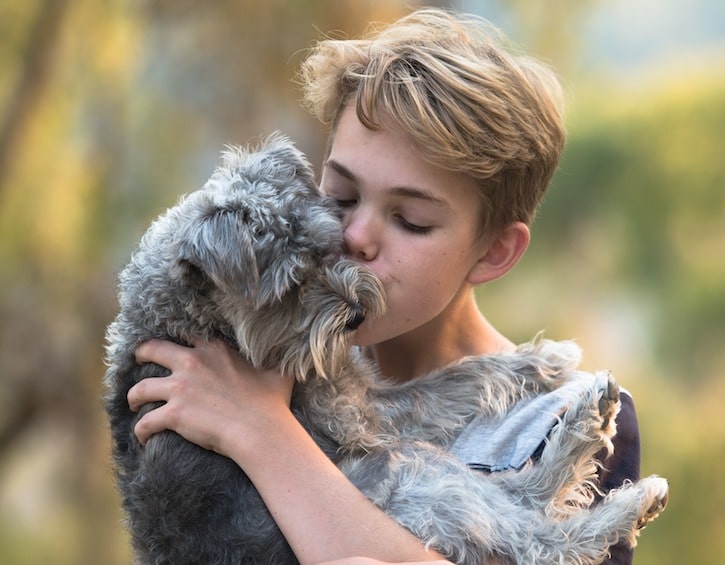
Dogs have long held the place as the favourite family pet – they are truly “man’s (and woman’s and child’s) best friend”. Dogs are loyal, protective, loving, enjoy exercise and love family outings. I have watched my own girls grow up alongside my dogs, who started as watchful guardians, then helped as balancing props when the girls were first learning to walk, before becoming imaginary unicorns in their games, and now as they become tweens – unquestioning friends who are always by their side.
If you’re starting with a puppy, the honest truth is that it’s quite a lot of work (although also incredibly rewarding!). Do your research. Some breeds, such as Cavoodles, Jack Russell Terriers and Labradors, are great with kids, whereas other breeds – Italian Greyhounds, Shiba Inus and Dalmations, for example – although lovely dogs, often don’t enjoy spending as much time with little ones. Make sure you understand what you are committing to. Some breeds require a certain amount and type of exercise while others are prone to a few medical issues. Another option is adopting a rescue puppy. While street dogs and mixed breeds are usually hardier, it’s difficult to know their history and what they will grow up to be like. In general, for first-time dog owners, I would recommend spending some time with the puppy to understand if it will be a good fit with the family.
Practically speaking, you’ll need to puppy-proof the flat, including creating an area where the puppy can sleep and spend time (when they’re not playing with the family). Toilet training usually takes around two months and accidents are inevitable. Puppies are usually fed three times daily and will need at least four short toilet-break walks (which also work as crucial socialising sessions) per day. They will also need to see the vet at least three times for vaccinations, deworming, microchip and dog licensing, and in most cases desexing. Some families decide the wisest choice is to adopt an adult dog – just as much love without all of the mischief of puppyhood.
The first six months are the busiest. Once that’s done, dogs still do need at least three walks per day (two short and one longer) for life and they will need a veterinary check-up and vaccinations annually. When you’re out of town, you’ll also need to make arrangements with kennels such as Pet World or Kennel Van Dego or a home-stay kennel such as DBDogDayz or Dogs Inc.
Read more: Where To Go With Your Pet: The Best Dog-Friendly Restaurants, Beaches, Hikes And Parks
Cats
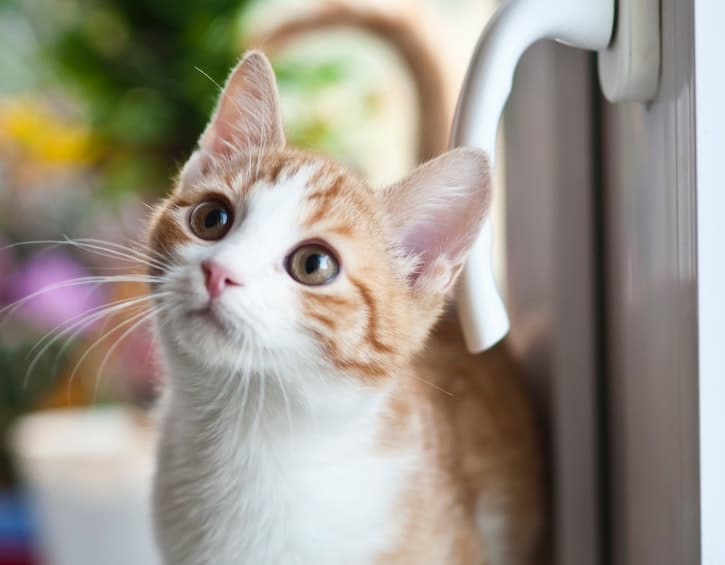
Cats are also a great choice for a family pet. They provide lots of love and affection but do not require anywhere near the same amount of work as a pup. Kittens seem to magically understand the rules of toilet training, as long as a litter box is available they’ll generally take care of everything without any instruction. Make sure you clean the litter box every day (you don’t want them holding it in or going elsewhere in the house!).
Kittens don’t need all of the social training and walking that a puppy does. They tend to form their own set of routines. They may not be quite as crazy and in-your-face excitable as a puppy, but many cat owners would say that’s exactly the point. Kittens and cats will definitely want to play and interact with children, but they prefer a calm and gentle stroke rather than rolling and rough-housing.
When they are young, kittens usually need three visits to the vet for vaccinations and desexing and then a yearly checkup. Most people leave dry food out for their cats to eat as they please, so there’s no strict feeding time. For times when you’re out of town, owners often ask a friend to come in and check on their cat once or twice daily to feed, change the litter and spend some time with it, or to have a friend or helper live at the house. Cats seem to prefer hanging around the house to boarding kennels, but options do exist if you need them. Cats are generally very healthy with few medical issues and can live up to 15-plus years.
Other small furries
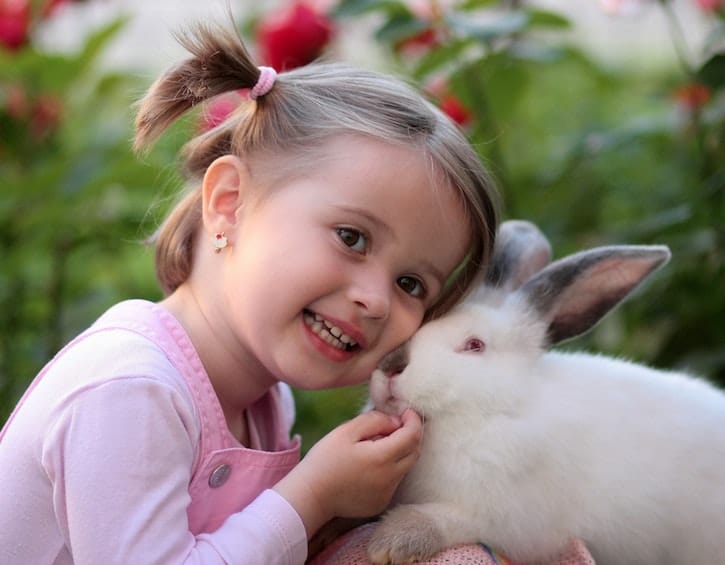
Of course, some people would prefer to break the mould and I see houses where a pet rabbit, mouse or hamster is the centre of attention. These can be a great choice too in Hong Kong. Mice and hamster enclosures don’t take up much room and a child can often be left in charge of the feeding, cleaning and caring, with just a little supervision. Rabbits need more space and care, but can still be suitable pets for an apartment.
Note that some people do find rabbits and rodents can have a distinct smell. My advice to those considering these pets is to read up about proper diet and nutrition. I see many medical problems in small furry pets who are only fed pellets or an unbalanced diet, resulting in major dental and digestive problems. Hamsters and mice tend to live for around two years, while rabbits live around seven years on average. They don’t need any regular vaccinations but should be taken to your vet if they are not eating, losing weight or seem lethargic.
Fish and other animals
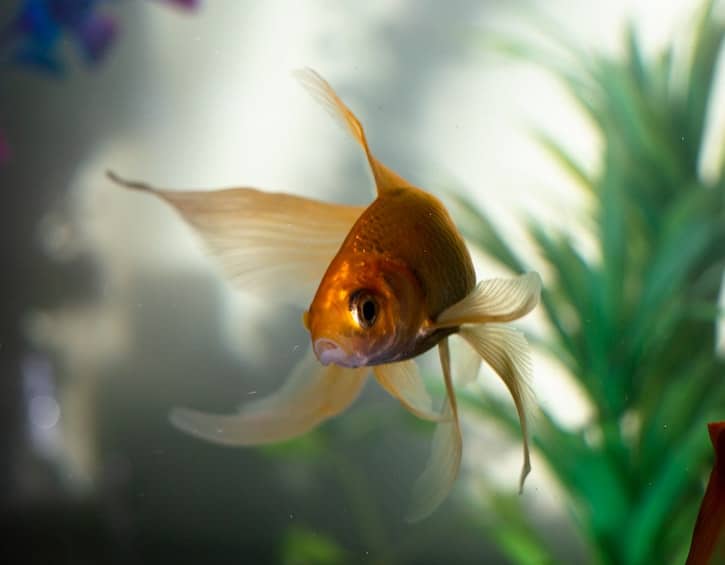
Fish can also be a great pet for children. Similar to mice and hamsters, youngsters can take care of a goldfish, with some adult supervision. Make sure to get a tank which is large enough for the fish and has a good filter. Also, don’t overfeed fish – water pollution is the biggest problem that I see. Remember that some fish, especially saltwater tropical fish, can be very difficult to keep, but the humble goldfish is a simple and fun place to start.
There are some other types of pets, especially in Hong Kong where it seems like you can find nearly anything! I’d generally recommend people stay away from chinchillas, snakes, lizards, turtles and terrapins as pets for children. These all require specialised care and are probably not suitable.
Read more: 10 Things Money Can’t Buy That Parents Can Teach
What else you should consider
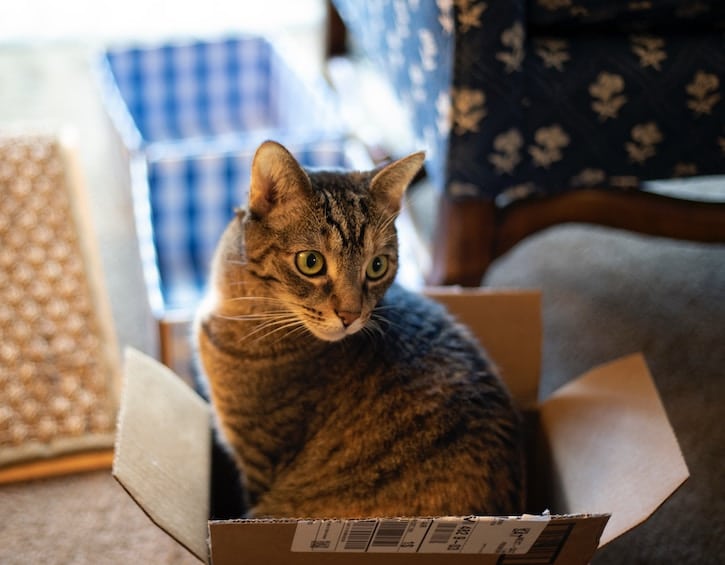
People often ask me two other questions when considering bringing a pet into their family:
- Is Hong Kong a good place for a pet?
- Can I take them with me when I relocate overseas?
The answer to both of these questions is a definitive yes. Hong Kong is a great place for pets. There are plenty of options for fantastic walks and exercise for dogs, while cats love nothing more than sitting and watching the world go by out of a high floor window. The close bond that a family and their pet form living here is quite unique.
And taking your pet with you when you leave is a simple and straightforward procedure. Requirements do vary according to your destination country so do check first, but it’s generally easy as long as you have all of their vaccinations up to date and they’re in good health.
I see so many families grow and develop in Hong Kong as they decide to bring a pet into their home. It’s a happy time – bonding with the family while teaching everyone involved love, patience and responsibility. So there’s nothing stopping you. Go ahead and bring home your new best friend!
Read more: Making The Move? Expert Advice For Relocating Your Pet
 View All
View All











 View All
View All





 View All
View All


 View All
View All







